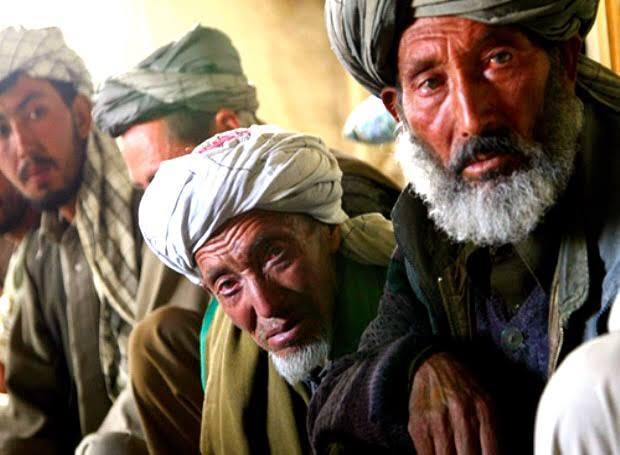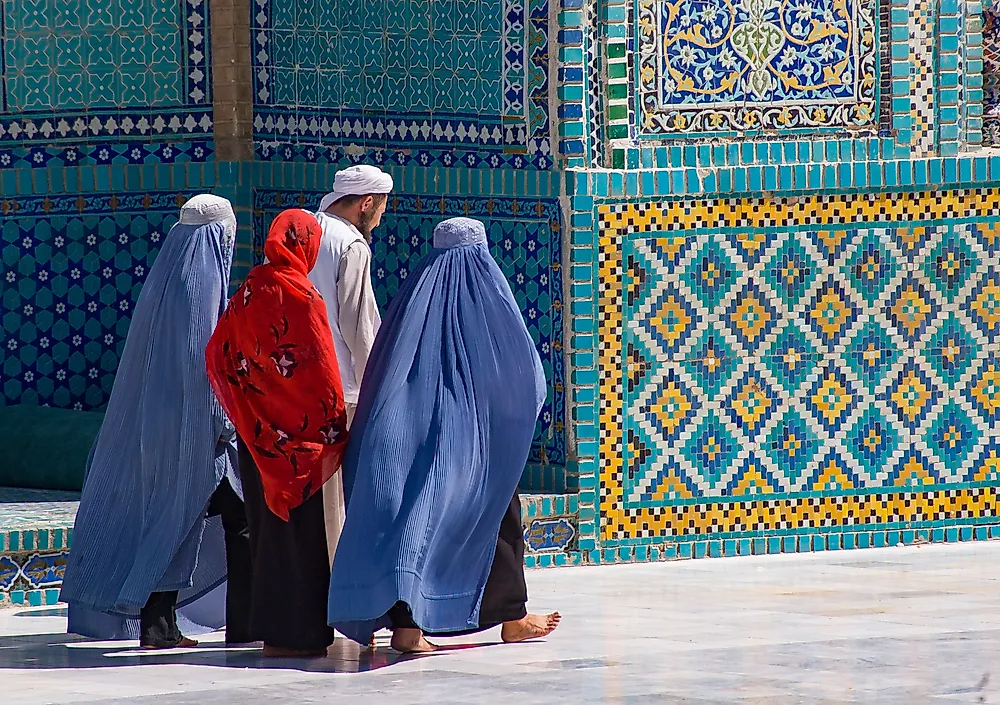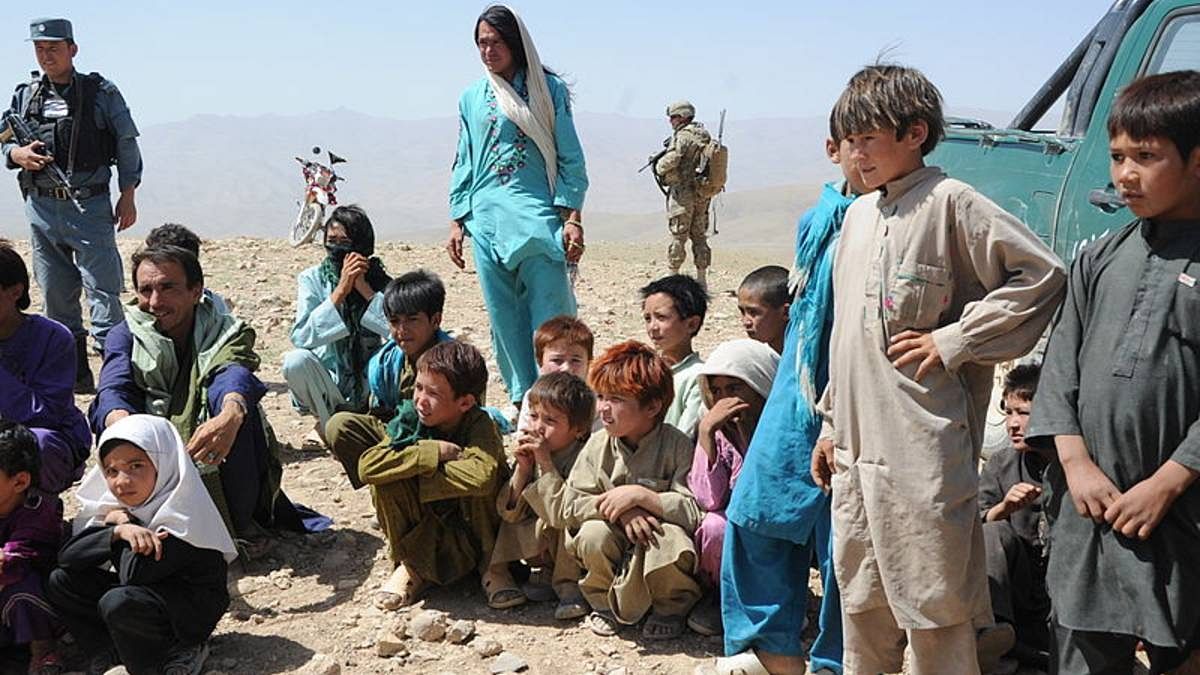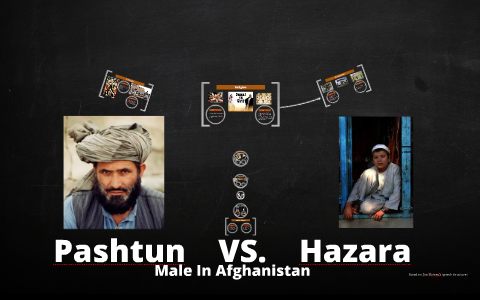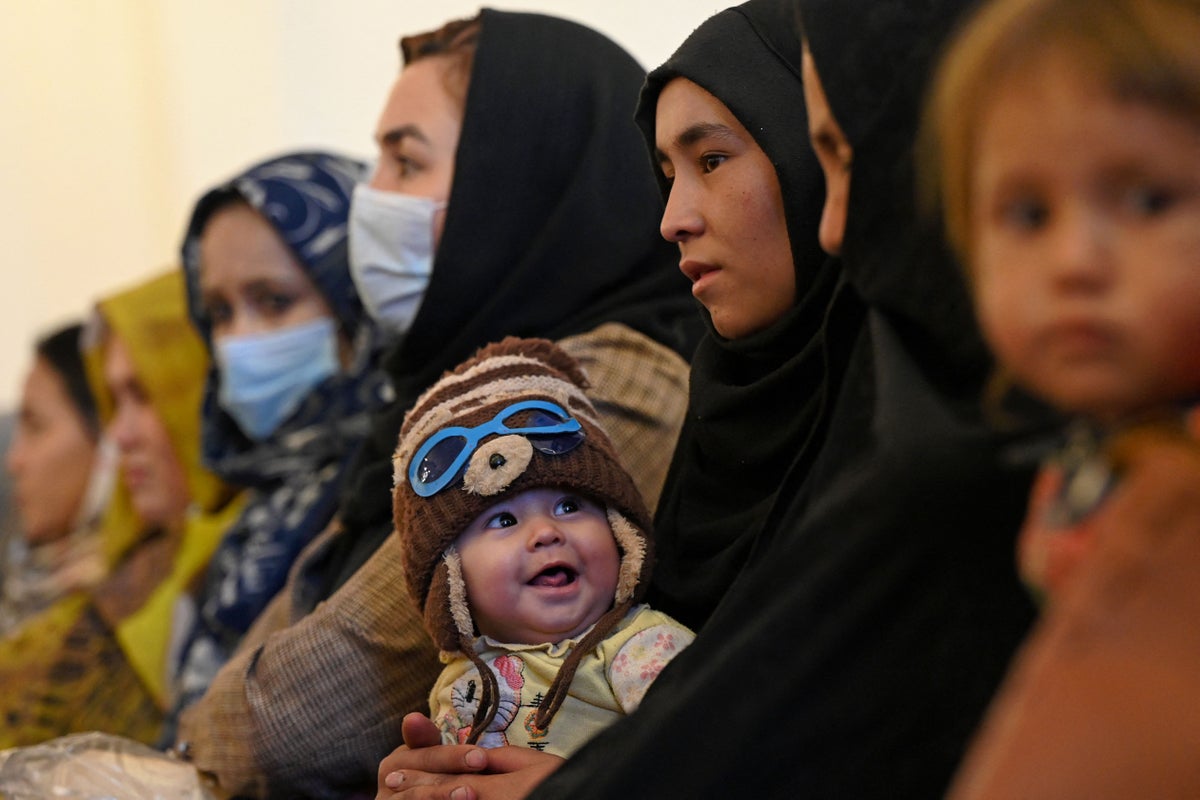The Hazara and Pashtun are two ethnic groups that are native to Afghanistan and Pakistan. While both groups have a long and rich history, there are some significant differences in their social status and treatment within these societies.
One of the main differences between the Hazara and Pashtun is their social status. The Pashtun are the dominant group in Afghanistan, comprising around 42% of the population. They have historically held a higher social status and have been more influential in politics and society. On the other hand, the Hazara are a minority group, comprising around 9% of the population. They have historically been marginalized and discriminated against, and have often been relegated to lower social and economic positions.
One reason for this difference in social status is the fact that the Hazara are largely Shia Muslims, while the Pashtun are predominantly Sunni Muslims. In Afghanistan and Pakistan, the Sunni Muslims have generally held more power and influence, while the Shia Muslims have often been discriminated against and marginalized. This religious divide has contributed to the ongoing conflict and tensions between these two groups.
Another factor contributing to the difference in social status between the Hazara and Pashtun is the fact that the Hazara are more isolated geographically. The Hazara are mostly concentrated in the central highlands of Afghanistan, while the Pashtun are more widely dispersed throughout the country. This has made it more difficult for the Hazara to access education, healthcare, and other resources, and has contributed to their lower social and economic status.
Despite these differences, there have been efforts in recent years to improve the social status and treatment of the Hazara. There have been efforts to increase their representation in government and other institutions, and to promote their cultural and linguistic rights. There have also been efforts to address the underlying issues of discrimination and marginalization that have contributed to their lower social status.
In conclusion, the Hazara and Pashtun are two ethnic groups with a long and complex history in Afghanistan and Pakistan. While they share many cultural and historical ties, there are significant differences in their social status and treatment within these societies. While there have been efforts to improve the social status and treatment of the Hazara, there is still much work to be done to address the underlying issues of discrimination and marginalization that have contributed to their lower social status.


